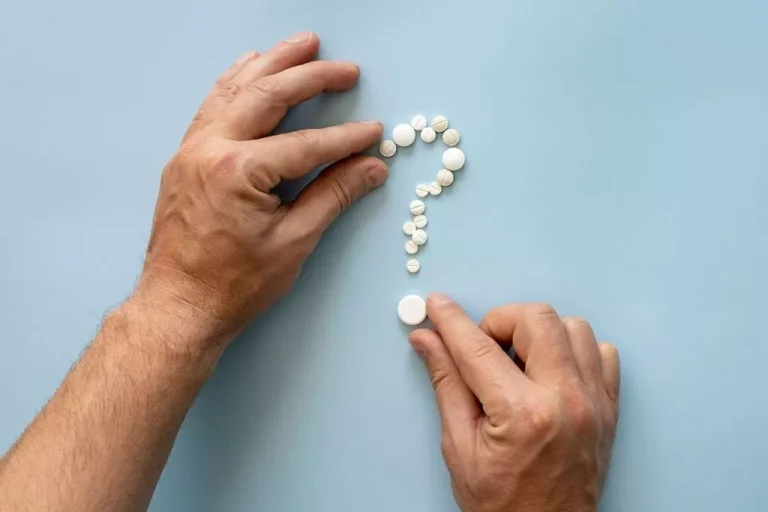
Try volunteering, continuing education, or pursuing other rewarding hobbies for a new life that is good for you. Your past substance abuse may rebuilding your life after addiction have led you to forget about the things you once loved to do. It could be anything from singing, painting, going on adventures, cooking, etc.
- Many treatment programs have partnerships with area businesses to hire those in recovery.
- Initially, you will choose an addiction treatment program to receive drug or alcohol abuse treatment.
- Rebuilding relationships with loved ones is crucial for creating a new normal after treatment.
Are you ready to change?
Researchers have studied the experiences of many people who have recovered from substance use and identified key features of the recovery process. One widely used model can be summed up in the acronym CHIME, identifying the key ingredients of recovery. Mission Harbor is dedicated to treating Santa Barbara County and Los Angeles County with specialized mental and behavioral health programs in a convenient outpatient environment. Our treatment facility is accredited by the Joint Commission and LegitScript Certified. Starting the day with positive habits sets the tone for the rest of the day.

How can I set boundaries to protect my sobriety?
Certain jobs can legally disqualify employees who have a background in an abuse scandal or felony convictions and this need also to be factored into job searches. Career advisors’ help is invaluable because they can advise someone throughout most tougher aspects of a job search journey. Accountable – A supportive community holds you accountable for your actions. Once you’ve set specific, measurable goals, your support system can help encourage you during milestones and lift you up when you feel your lowest. Smith is also concerned marijuana could become commercialized like tobacco.
Self-love improves mental health
A third is establishing and maintaining a strong sense of connection to others; support helps people stay on track, and it helps retune the neural circuits of desire and goal-pursuit. Learning new coping skills for dealing with unpleasant feelings is another pillar of recovery. Even though it can be a challenge, the benefits of overcoming addiction far outweigh any perceived benefits of continuing substance use. Rebuilding relationships with loved ones is crucial for creating a new normal after treatment. This involves setting boundaries, being honest, and practicing open communication. This new normal helps maintain sobriety and leads to a fulfilling life by making lifestyle changes, engaging in new activities, and surrounding oneself with supportive individuals.

Remove Toxic People From Your Life
Start an Exercise RoutineWorking out on a regular basis can help to restore your brain’s balance of “feel good” endorphins known as dopamine. Not to mention, exercise can help curb cravings, reduce stress, and improve energy levels. The key to getting into the flow of an exercise routine is to find activities you enjoy. Try a meditative yoga class or go for regular walks to get some sunshine and fresh air. But rebuilding your life after addiction doesn’t have to be a daunting experience. While there will undoubtedly be days that present challenges, sobriety ultimately opens the door to a life of happiness.
Are there alternative therapies or holistic approaches to prevent relapse?
However, if you stay committed to your sobriety, prioritize self-care, and utilize your support network, long-term recovery is possible. There might be people in your life who encourages substance use and get you addicted. The first thing you should do during early recovery with us is to cut such people out of your life.
If you struggle to get past the first few days and see someone who has just celebrated a year in recovery, do not be mad at where you are. Not only is addiction relapse common, relapse is not considered a sign of failure. In fact, people in recovery might be better off if the term “relapse” were abandoned altogether and “recurrence” substituted, because it is more consistent with the process and less stigmatizing.
- It requires the right treatment to re-program your mind to live without them.
- Building a social network after treatment is crucial for maintaining resilience and preventing relapse.
- This approach keeps you motivated and helps make exercise a regular part of your life, rather than a chore.
Rebuilding Your Life and Finding Purpose After Addiction


